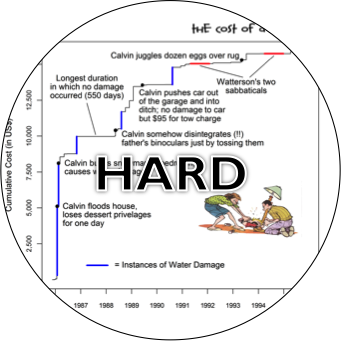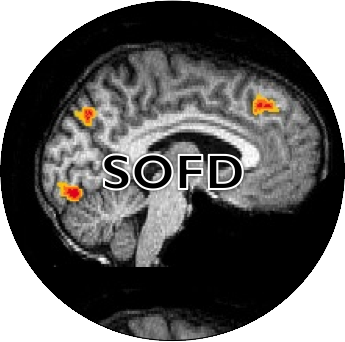
Tweet
January 27, 2016
Proceedings of the Natural Institute of Science | Volume 3 | SCI-NEWS 3
Astrobiologists desperately seeking statistical test that can work with a sample size of one
MOUNTAIN VIEW, CA – The NASA Astrobiology Institute (NAI) has so far come up empty in their desperate attempts to find a statistical test that requires only one data point. Carl Pilcher, interim director of the NAI, expressed disappointment at his team’s failure to uncover such a statistical test. “Unless we discover at least two more planets with living organisms, finding this statistical test is the only way we can move forward with astrobiology research,” Pilcher said in a statement earlier today.
NAI researchers have searched tirelessly for an appropriate statistical test, scanning null hypothesis and multiple hypothesis tests, frequentist and Bayesian approaches, and parametric and non-parametric tests. Researchers have even experimented with methods to generate ‘missing’ data including data cloning algorithms and multiple imputations. “When I started work at NAI, I thought I’d be researching all the cool alien life forms on other planets,” said NAI staff scientist Rob Carlson. “Instead, I spend days combing through Zar’s Biostatistics textbook.”
While the list of planets thought to contain no living organisms gets bigger, the list of planets known to have life stays the same at one. That has frustrated many of NAI’s top data analysts including Jenn Grubeck. “I’m sick of having just one data point on my scatterplots. I’m sick of not being able to calculate standard deviation, kurtosis, or skewness. You know how bad it’s gotten? Last night I looked up data on fictional planets like Tatooine or Krypton just so I could try to run a t-test!”
The recent discovery of Planet IX only served to sour the moods at NAI. “Oh, yay, look, another planet to add to our no-way-does-this-planet-have-life dataset,” said Pilcher. “We’re still holding out hope for Mars, though. And then we’ll just need one more before we can run an honest-to-goodness ANOVA. Oh, hell, who am I kidding.”
More Articles Below!

Proceedings of the Natural Institute of Science (PNIS) by https://instsci.org/ is licensed under a Creative Commons Attribution-ShareAlike 4.0 International License.


